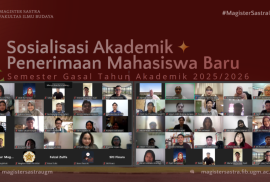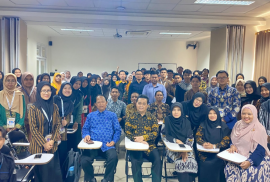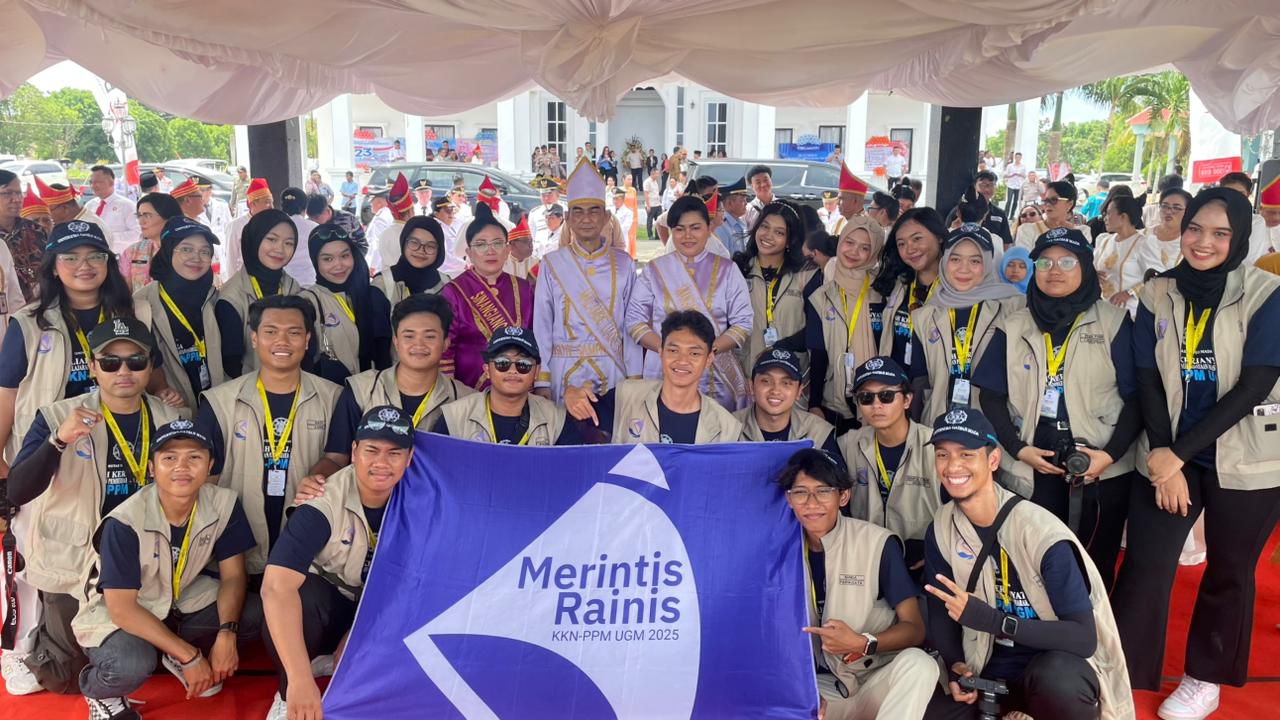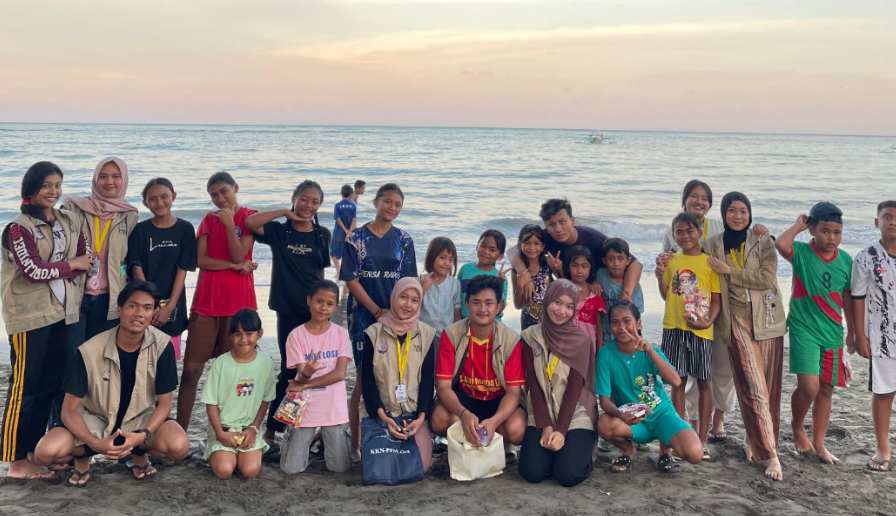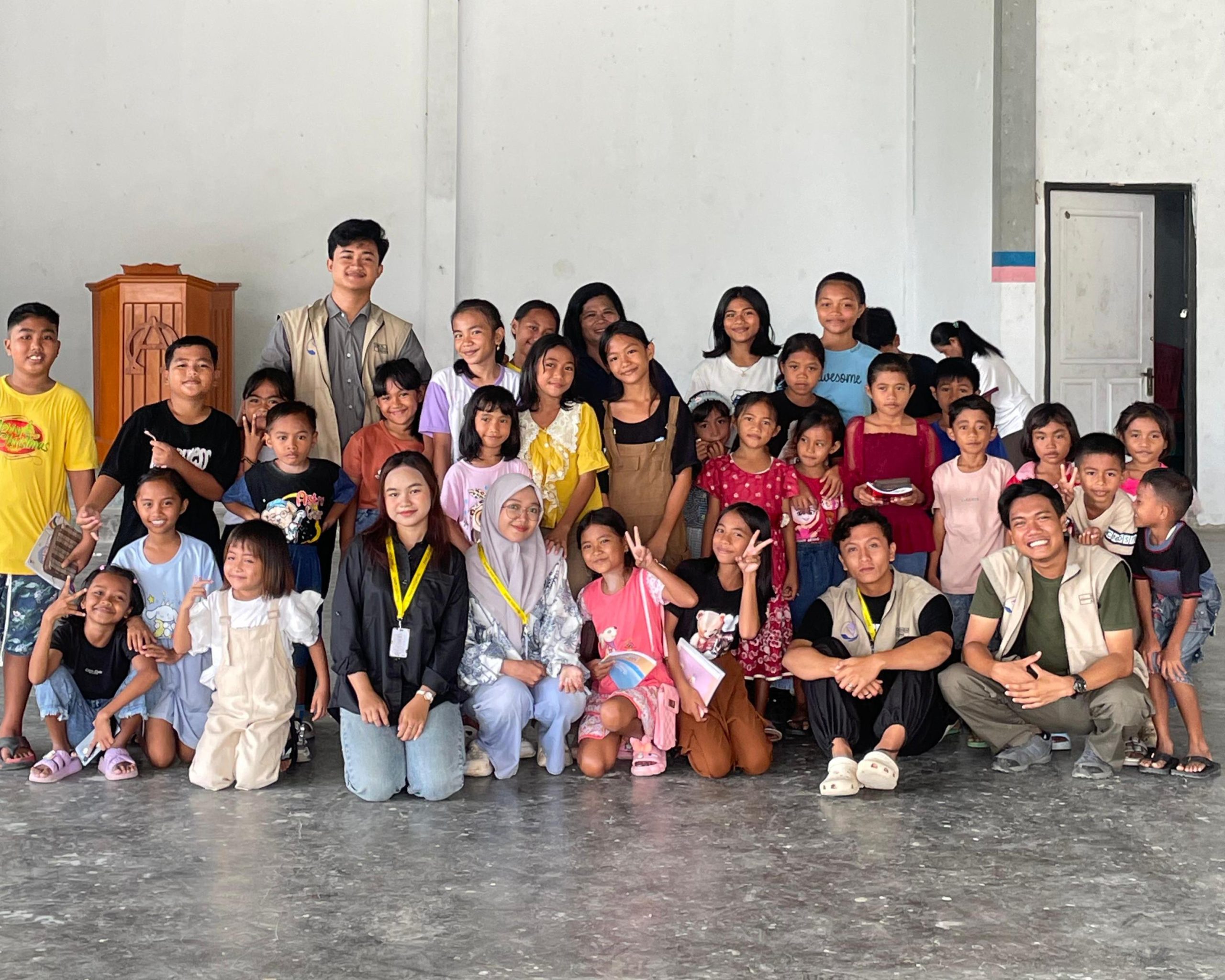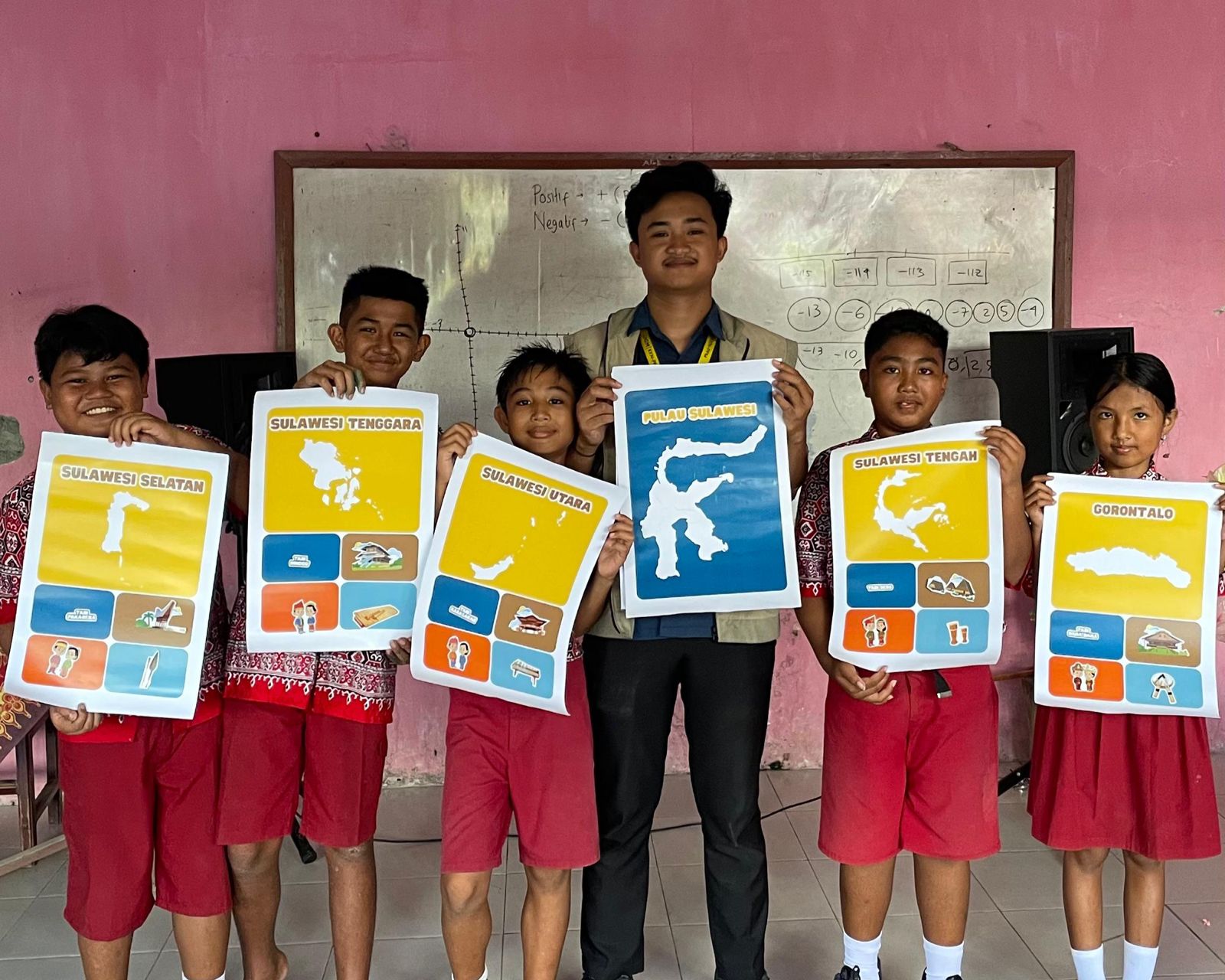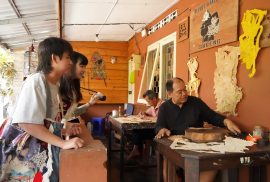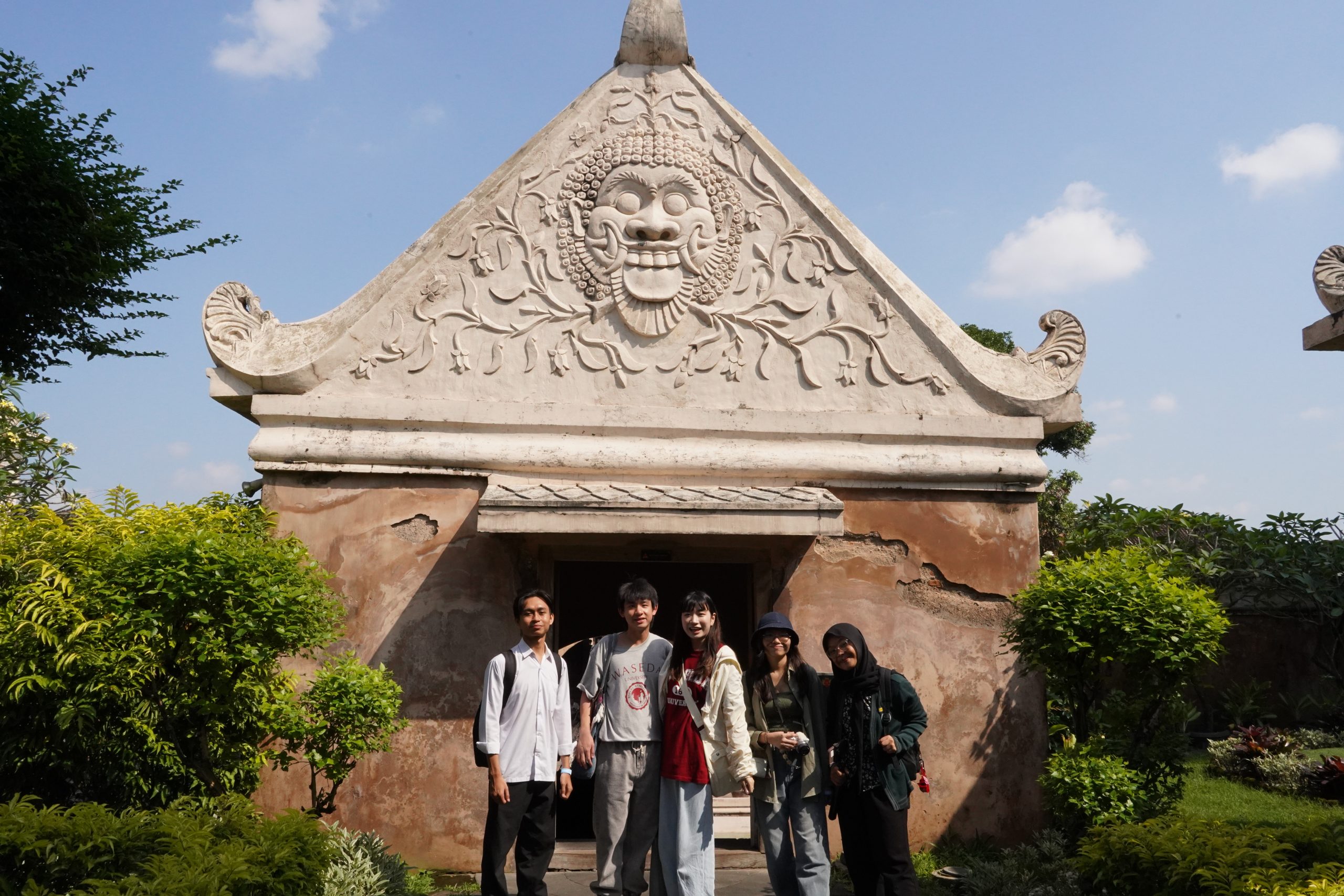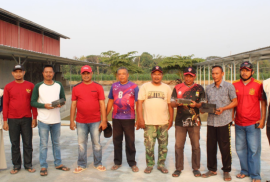Yogyakarta, 11/8/2025 – The Master’s Program in Literature, Faculty of Cultural Sciences, Universitas Gadjah Mada, held an online orientation for new students of the Odd Semester 2025/2026 on Monday, 11 August 2025 at 1:00 PM. The event was attended by the Head of the Master’s Program in Literature, Prof. Dr. Aprinus Salam, M.Hum., representatives from the student association Matragama, administrative staff, and all 39 new students. Among the participants were two international students, one from Papua New Guinea and another from Thailand.
The program began with a warm welcome from the Head of the Master’s Program in Literature. “Through this event, you are now officially part of the Master’s Program in Literature family at UGM,” said Prof. Aprinus in his remarks. The session then continued with a presentation by Prof. Aprinus, introducing the program’s profile, curriculum, and various non-academic activities available for students. He also encouraged students to actively participate in both academic and extracurricular activities throughout their studies at UGM.
Following the presentation from the Head of the Program, the next session featured the introduction of Matragama, the student association of the Master’s Program in Literature. Matragama regularly organizes various engaging activities, such as literary discussions, poetry musicalization album launches, and other creative events involving interdisciplinary collaboration.
The orientation also included an explanation from the program’s administrative staff regarding the academic calendar and class schedules for the Odd Semester 2025/2026. The event proceeded in an orderly manner and concluded with a Q&A session, during which the new students actively asked questions, particularly about the procedures for filling out the Study Plan Card (Kartu Rencana Studi or KRS) and the implementation of classes in the first semester. This discussion provided the new students with a clearer understanding of the academic processes they will undertake in the coming semester.
Through this activity, it is hoped that all new students will become better acquainted with the academic environment of the Master’s Program in Literature, foster good relationships with lecturers, staff, and fellow students, and take advantage of various opportunities to develop themselves. May all new students of the Odd Semester 2025/2026 successfully pursue their studies, achieve excellence, and make positive contributions to the advancement of literary studies.
[Marsya Kamila/Public Relations, Master’s Program in Literature]

